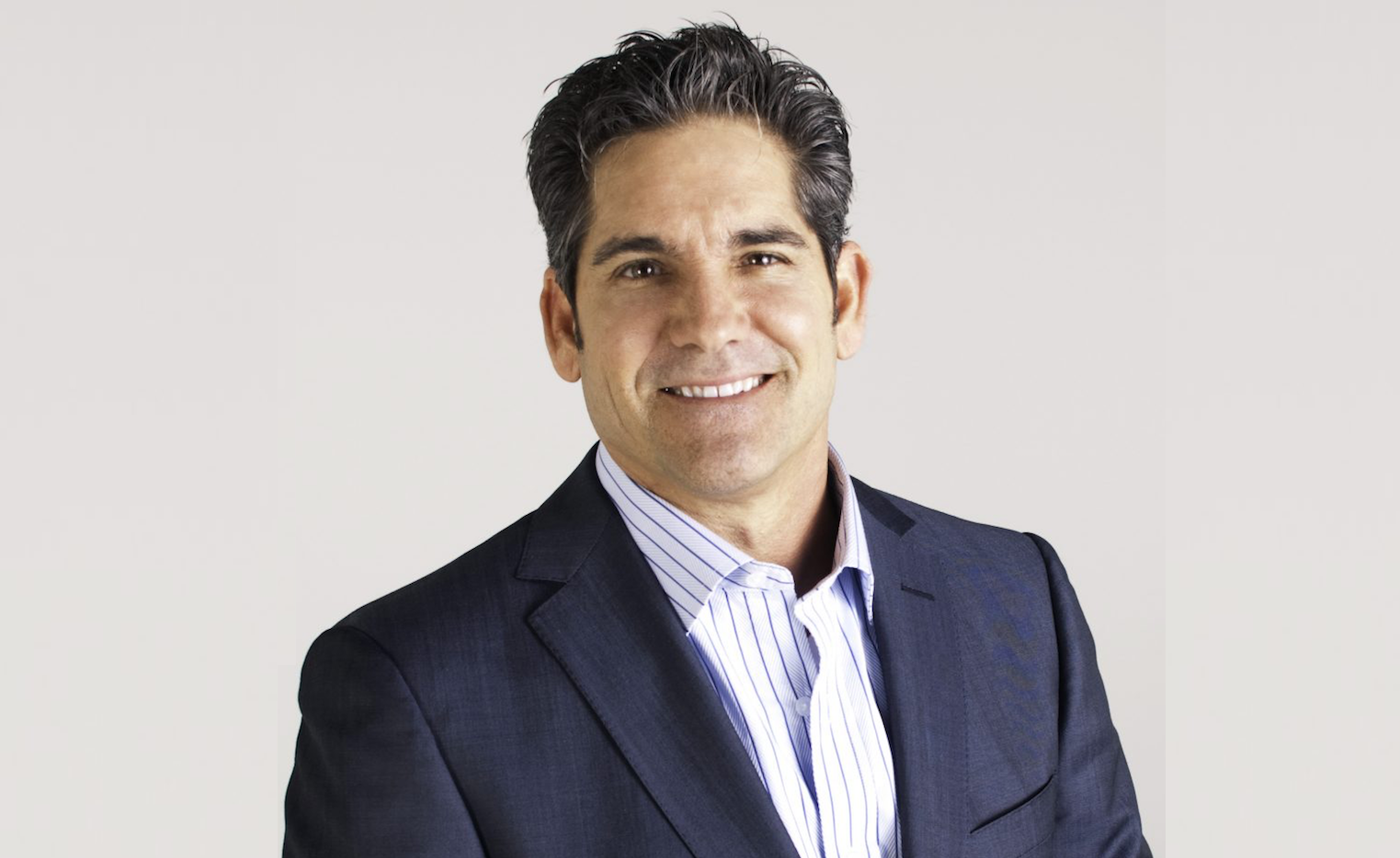
Grant Cardone, a prominent real estate investor and financial educator, is known for upending conventional wisdom in personal finance circles. One such recent assertion on Cardone’s social media — specifically, “A HOUSE IS NOT AN INVESTMENT! You have to feed it monthly, mortgage, property taxes, insurance and maintenance.” — directly targets conventional wisdom about the value of owning a primary residence.
Cardone’s statement stands out in a culture where purchasing a home is frequently viewed as a primary financial goal and a key pathway to building wealth. For generations, the promise of equity creation and eventual asset appreciation has underpinned the “American dream” of homeownership. However, in his X early July post, Cardone draws attention to the recurring, unavoidable expenses that come with owning a home — which include monthly mortgage payments, property taxes, insurance premiums, and ongoing maintenance. His view is that rather than generating income, these expenditures often consume resources that could otherwise be deployed in assets with better return profiles.
Authority Rooted in Real Estate Expertise
Cardone’s authority on the subject is founded in decades of hands-on experience. As the founder and CEO of Cardone Capital, he oversees a multibillion-dollar portfolio of multifamily properties and commercial assets. Unlike many who champion homeownership as an investment, Cardone advocates for those with the means and wherewithal to purchase income-producing real estate, such as apartment buildings and commercial properties, over single-family homes intended for personal use.
His own personal and professional history lends a certain credibility to Cardone’s contrarian take. After rising from modest beginnings, Cardone built his fortune through aggressive investment strategies, favoring scalable assets with consistent cash flow over traditional routes like homeownership. He has authored several bestselling books on real estate investing, delivered seminars worldwide, and amassed a large following through his advocacy for financial discipline and entrepreneurship.
Why the Perspective Resonates
Cardone’s viewpoint reflects ongoing debates in financial circles about the costs versus benefits of homeownership. Aside from the substantial upfront and recurring expenses, the liquidity and opportunity costs associated with owning a home are significant. Unlike rental properties, a primary residence does not generate passive income, and periods of slow or stagnant price growth can further diminish a home’s investment appeal. Financial advisors have long pointed out that maintenance, taxes, and unpredictable market swings can sometimes leave homeowners with lower-than-expected or even negative returns.
The outspoken investor’s position also tracks with broader shifts in the post-crisis housing and investment markets over the past decade. As interest rates remain elevated and housing affordability challenges persist, younger generations are increasingly reconsidering whether buying a home is a prudent step toward wealth. In the current landscape, Cardone’s critique finds a very receptive audience among those weighing non-traditional paths to financial security.
How Rates Change the Homeownership Story
The ongoing dialogue around homeownership has become particularly relevant amid today’s unique economic circumstances. With mortgage rates and property taxes rising in many regions, the monthly carrying costs for homeowners have increased, even as housing prices remain elevated. These trends support Cardone’s caution — and his message emphasizes that buyers should scrutinize the financial realities of ownership rather than assume it is a guaranteed investment.
On balance, Grant Cardone’s statement encapsulates a core message of his broader philosophy: namely, that financial security and growth can be achieved by deploying capital in assets that generate income, control costs, and offer scalable opportunities. By questioning the investment value of homeownership, he invites individuals to critically evaluate the true ROI of their largest personal expenditures and to consider alternative, potentially more lucrative avenues to financial independence.







